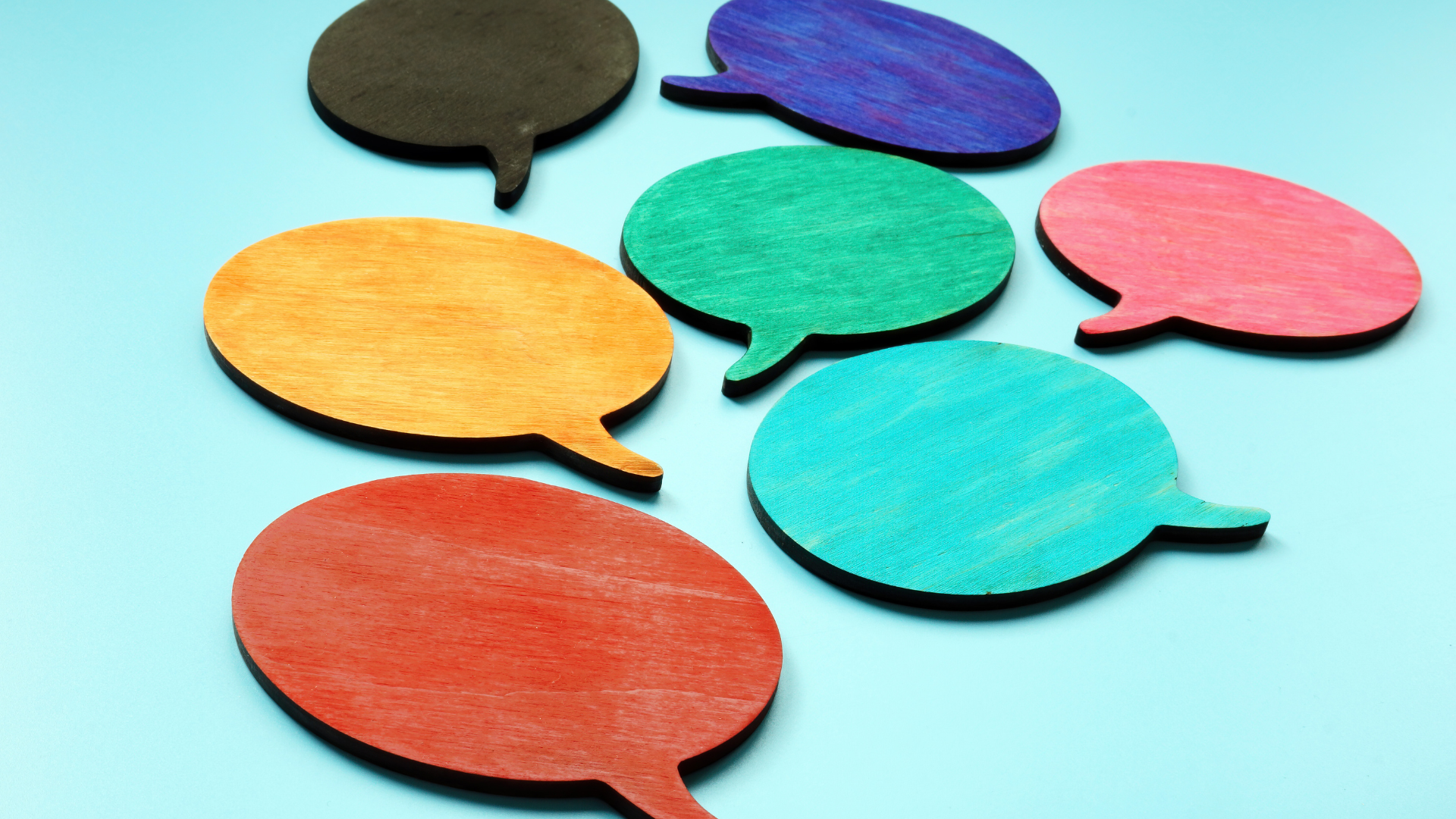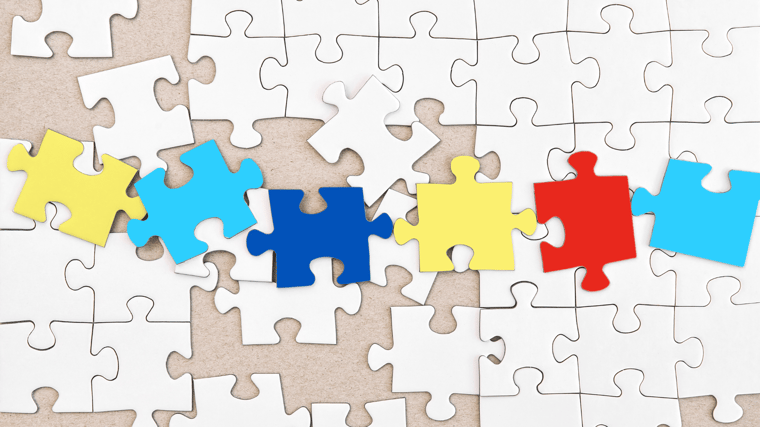Language changes. It adapts and evolves just as we do. Why? Well, because it must. The Linguistic Society of America says that language changes because the needs of its speakers change. New technologies, products, and experiences require new words to refer to them clearly and efficiently. Imagine traveling back to 1923 and telling someone to send you their Instagram handle so you can stay in touch. They would think you were speaking a different language altogether!
The language and DEI connection
But language does not only change to reflect technological advancements. It also adapts to reflect and embrace our evolving understanding of ourselves and how we relate to each other and the world. People are changing, and the language we use needs to keep up. Gen Z is on track to become the most diverse generation. Almost half of them identify as people of color, and nearly one in five identify as LGBTQ+.
Language and existence are inextricably intertwined. For instance, consider the term phone and how its meaning has evolved from invention to house rotary phones to smartphones today. When it comes to inclusivity in life and in the workplace, the evolution of language reflects the needs of employees, leaders, and consumers.
Christina Brodzik, a Deloitte principal and DEI client service leader, shares - “The new workforce focuses on being valued for the multiplicity of their identities—their whole self—as opposed to just the singular conventional delineations to which they belong.” As organizations and individuals, we “cannot leverage all the benefits of an increasingly diverse workforce without an inclusive environment that encourages people to bring varied experiences, ideas, and perspectives.”
Language hugely impacts how we perceive and navigate the world because it is how we define it to ourselves and others. For instance, say someone asks you to pick up red roses. Except when you get to the store, you see a dozen shades of red. And each time you pick one, you hear, “No, that is orange-red,” or “No, that is coral”. If they asked, “Choose a burgundy rose”? Would you be more likely to choose the right flower? Using inclusive language is no different.
Work on clarifying your inclusive vocabulary with these suggestions from Efua Andoh:
- Remember that language isn’t “one size fits all.” No one wants to be in a box. Instead, remember that we have unique and valid reasons that reflect our experiences.
- Practice cultural humility. Andoh says, “Embrace that you are a learner, not an expert on understanding other lived experiences. We do this by challenging our biases and practicing self-reflection for growth.
- Focus on impact over the intention. We all make mistakes. And that is okay! But when we say, “I didn’t mean to offend anyone,” we are still centering ourselves and our intentions over the impact of our actions.
Words have power
Take the 1992 Teen Talk Barbie Doll with her recorded catchphrase, “Math is tough!” Harvard Business Review says this was considered an early deterrent from girls pursuing STEM. So be mindful of the words you use, from marketing to meetings. It is also important to remember that words have unspoken context. For example, colored people has extensive historical and prejudicial baggage compared with the term, people of color. In practice, swapping one for the other is a tiny change. But when it comes to its impact on others, the difference is like handing over a rose with thorns versus one with the barbs removed.
When someone says to think of an elephant, what do you do? Language impacts how we feel, our thoughts, and our perception and interaction with the world around us—all of which make inclusive language even more crucial. Consider the power of language to exclude, such as with unnecessarily gendered terms like fireman or congressman. Women and nonbinary individuals can also be firefighters and congresspeople, but when we use heavily gendered language, we cling to certain perceptions and mental of who fit these roles.
Inclusive language takes time
Some people scoff at people being too sensitive. But as Diversity Council Australia (DCA) shares, “Inclusive language is not about being politically correct—it is about using language which is respectful, accurate, and relevant to everyone.” Learning to cut exclusive language from your vocabulary and expand your inclusive dictionary doesn’t require major linguistic leaps. Instead, take it one step at a time with these suggestions:
- Stay open-minded. It is easy to get stuck doing things the same way. But as the DCA reminds us, “We all come across new information, people, and ideas that challenge our own personal ideas of normalcy—language is no exception.”
- Focus on the individual. We are all more than the demographic boxes we select. Make sure to focus on the person in front of you, only referring to traits like their age, cultural background, or gender if they are relevant.
- Don’t ignore context. Language doesn’t work in a vacuum. The words we use come with history and context. We also need to remember the context of the environment. Terms that may be fine outside of work can be non-inclusive at work.
- Grow your understanding. No one wakes up knowing how to behave perfectly in every situation, especially with evolving norms. If you’re not sure what terminology someone prefers, ask them.
- Learn from your mistakes. Just as no one is perfect, we all also make mistakes. Our unconscious biases can lead us to say or do exclusionary even when we do not intend to. When you do, apologize, and commit to doing better next time. If you’re not sure where you went wrong, ask for feedback.
Our world today looks and works quite differently than it did a century ago (not to mention post-pandemic). That is because as we learn more about each other and ourselves, we adapt to reflect new knowledge and advancing norms. And as we evolve, our language must grow and change too. To be truly inclusive, we must recognize the impact of words, and whether purposefully or not, they have the power to include and exclude those around us.




